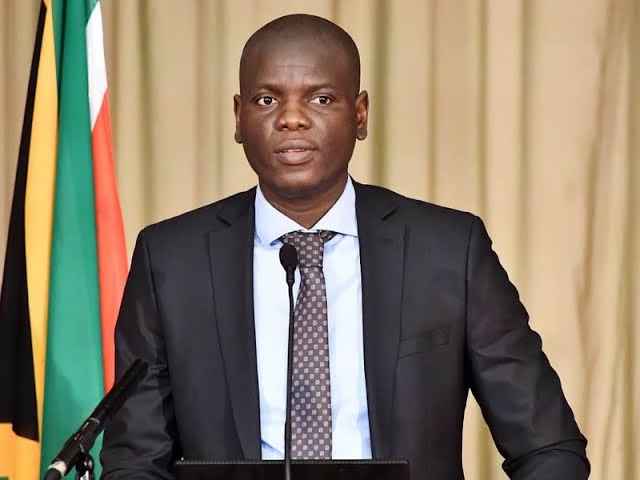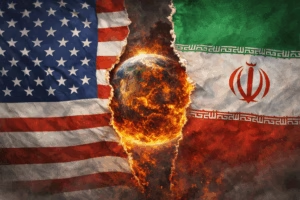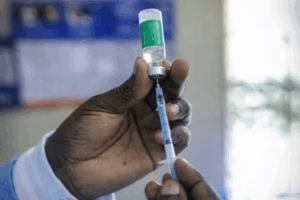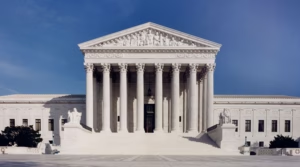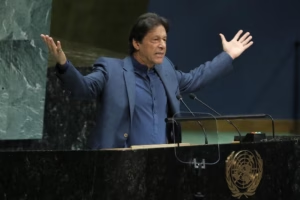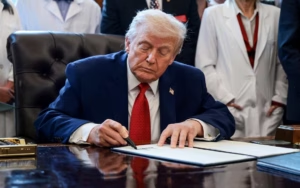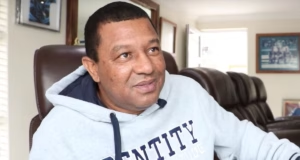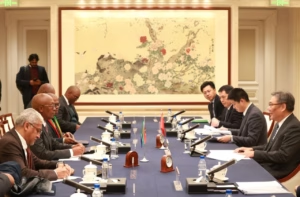South Africa’s trade negotiations with the United States have reached a difficult phase, with Pretoria resisting what it views as external interference in its domestic policies on Black empowerment and land reform. The discussions, aimed at easing tariffs imposed on South African exports, have revealed a widening divide between the two countries on issues of sovereignty and social justice.
Tensions Rise Over Sovereignty And Domestic Policy
Foreign Minister Ronald Lamola told delegates at the Financial Times Africa Summit in London that Washington had introduced matters of “domestic” concern into what should be purely trade discussions. According to Lamola, the United States has challenged South Africa’s Black Economic Empowerment (BEE) programme and its land expropriation policy, which allows the government to seize property without compensation where it is “just and equitable and in the public interest”.
“There are indeed sticking points that you are aware of, which we view as falling within the domestic issues and sovereignty of South Africa: the issues of BEE, the issues of land reform [and] the false narrative of genocide, [which] the world knows is not a correct narrative,”
Lamola told the summit.
The United States has described these policies as instances of “unjust racial discrimination”, and former president Donald Trump has repeatedly promoted an unfounded theory that South Africa is experiencing a “genocide” of white people.
Pretoria Rejects US Narrative And Asserts Legal Protections
Lamola emphasised that South Africa’s constitutional and legal framework protects all citizens equally, rejecting Washington’s characterisation of its social policies. He argued that reforms aimed at closing the racial wealth gap were necessary for economic stability and fairness.
He added that the government’s approach to land reform was transparent and accountable, noting that even some white agricultural groups recognise its legitimacy.
“Even some of the Afrikaner farmer organisations support this approach by the South African government,”
Lamola said.
“There are enough avenues through which they can ventilate, even when they disagree with some of the policies.”
South Africa’s position, Lamola insisted, is that trade and domestic legislation should remain distinct. However, Washington appears unwilling to separate the two, maintaining that its trade stance is linked to what it views as discriminatory practices.
Washington Maintains Pressure While Talks Continue
The tension follows a 30 per cent tariff on South African exports introduced by President Trump in August, the highest rate imposed on any sub-Saharan African nation. Negotiators from both countries have held several rounds of discussions in an effort to reduce the tariff and to potentially restore South Africa’s participation in the African Growth and Opportunity Act (Agoa), which expired this month.
A spokesperson for the US State Department said in a written statement that Washington would continue working with Pretoria “on issues where our interests align” while opposing any “policies that harm U.S. interests.”
“The Administration remains focused on efforts to reduce trade barriers and give American companies fair access,”
the spokesperson added.
Signs Of Progress Despite Friction
Despite the setbacks, Lamola expressed cautious optimism that the two nations could find common ground before year-end. He said he had noticed “positive vibes” from Washington regarding both tariffs and Agoa renewal.
“There are positive vibes coming out of Washington about both tariffs and the Agoa regime,”
he said, adding that there was potential for Congress to renew the agreement before the close of the year.
Lamola also confirmed that a new United States ambassador would be appointed to Pretoria soon, following the expulsion of Ebrahim Rasool in March. He suggested that renewed diplomatic engagement could strengthen relations after months of strain.
South Africa’s Broader Global Role
As chair of the G20 this year — the first African nation to hold the position — South Africa faces the challenge of balancing its domestic goals with its international partnerships. While President Trump has indicated that he will not attend the upcoming summit, Vice President JD Vance is expected to represent the United States.
Lamola said that South Africa’s agenda for the G20 — focusing on equality, sustainability, and access to affordable finance — was beginning to gain traction among member states. Though challenges remain, he expressed confidence that the country’s vision for inclusive global cooperation would endure beyond the current disputes.

